Biogas
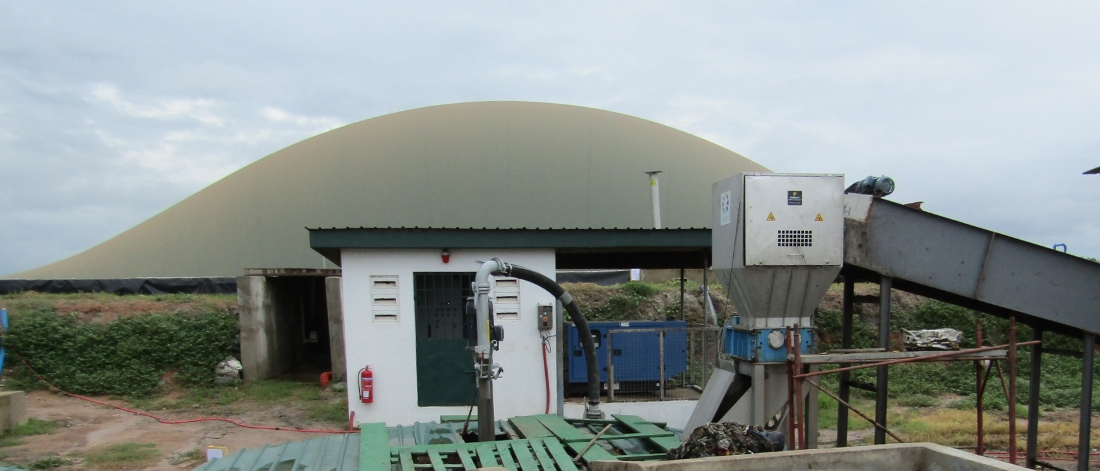
When organic material (e.g. animal waste, agricultural residues) is digested by microorganisms in an environment with low or absent oxygen, it produces biogas. It is a mixture of gases, including methane, that can be used for power generation, transport, heating, cooling and cooking. If biogas is cleansed from impurities, it becomes biomethane, which can be used as a high-efficiency fuel source, replacing natural gas. Biogas and biomethane are clean and valid alternatives to LPG and other fossil fuels.
The GBEP Biogas activity group, led by ECOWAS and Viet Nam, acts as a forum for the exchange of information on biogas, fostering capacity building and technology transfer, as well as informing stakeholders of the trends, research and investments in this area.
Related videos
Webinar
Biogenic CO2 use and storage: Enhancing the circularity and climate benefits of biogas
15/04/2024
This webinar looks into how bio-CCUS from biogas can contribute to climate mitigation, analysing novel pathways for the use of bio-CO2 for clean biofuels...
Promoting anaerobic digestion for waste management
16/05/2023
Management and disposal of organic waste is a major global issue. Anaerobic digestion offers a good opportunity for reducing waste volume, odours and...
Related publications

Stocktaking Paper – Regional analysis of biogas value chains
04/04/2020
The paper analyses the factors that contribute to the success of biogas operations or projects in different regions of the world. The analysis is carried out using SWOT analysis; this approach seeks to identify the strengths, weaknesses, opportunities and threats of a particular business model through discussions with relevant stakeholders.
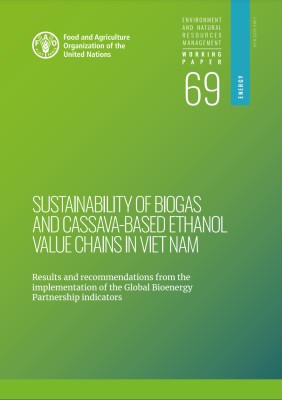
Sustainability of biogas and cassava-based ethanol value chains in Viet Nam
11/11/2018
This report presents the results of the implementation of the GBEP indicators in Viet Nam to the two priority bioenergy pathways identified in Viet Nam: biogas at household, farm and industrial levels, and cassava-based ethanol.

The Global Bioenergy Partnership Sustainability Indicators for bioenergy
12/12/2011
This report presents 24 indicators of sustainability regarding the production and use of modern bioenergy, to monitor and report on the environmental, social and economic aspects of sustainable development. The GBEP Sustainability Indicators (GSIs) are a relevant, practical, science-based tool that can inform policy-makers and other stakeholders in countries seeking to develop their bioenergy sector to help meet national goals of sustainable development.
Related news

GBEP partners and observers take stock of progress and set new priorities for advancing sustainable bioenergy
20/11/2024
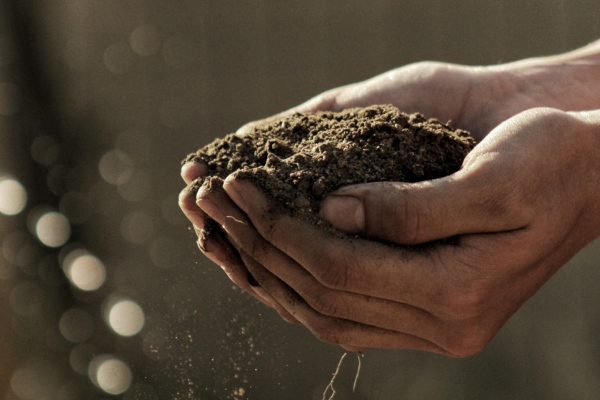
Two webinars to explore co-benefits of biogas and biomethane
18/05/2023
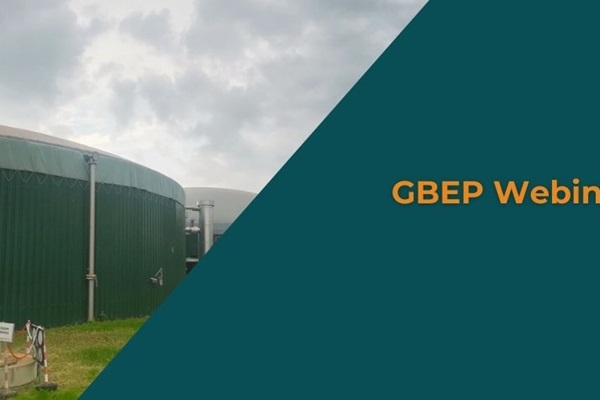
Biomass for hydrogen - facilitating the contribution to the sustainable energy transition
02/12/2022
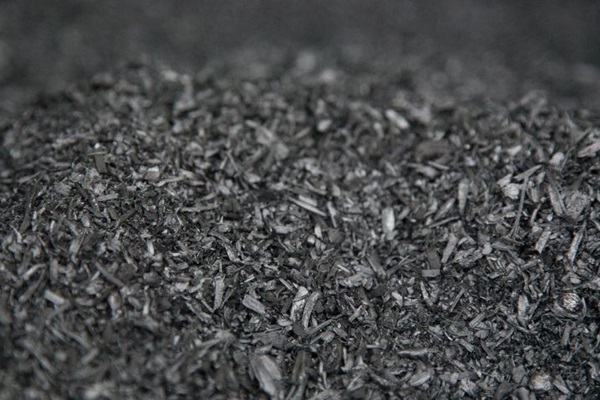
Biochar – the win-win-win-win solution!
14/05/2020
Related events
Webinar: Biogenic CO2 use and storage
Virtual Event, 15/04/2024
Biogenic CO2 is the carbon dioxide (CO2) resulting from the decomposition, digestion or combustion of biomass. Bio-CO2 produced in the biogas industry can be employed in carbon capture, utilization and storage (bio-CCUS) both for the long-term storage of carbon and for the production of other biomaterials, chemicals or fuels.
Tenth Bioenergy Week
Hybrid Event, 24/10/2023 - 27/10/2023
In 2023, the 10th Bioenergy Week focuses on sustainable bioenergy integration in food production chains, aiding the development of bioenergy policies in Asia-Pacific.
Webinar: Promoting anaerobic digestion for waste management
Virtual Event, 16/05/2023
Management and disposal of wastes is a major global problem. Anaerobic digestion offers opportunities not only to minimise waste volumes but also to recover embodied energy in the form of biogas and biomethane.
Webinar: Digestate, a nature-based solution to optimize the water-energy-food nexus
Virtual Event, 27/04/2023
This webinar explored case studies in Italy and Brazil on the use of digestate, the by-product of anaerobic digestion that can be used as an organic fertiliser, enhancing the circularity of and economic viability of biogas projec...
Webinar: Green jobs in biogas
Virtual Event, 01/06/2022
This webinar focuses on developing local biogas value chains for the creation of sustainable green jobs.
